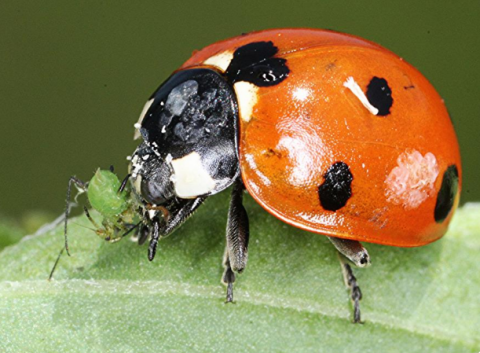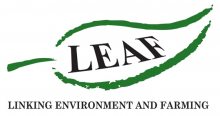Against a backdrop of uncertainty within agriculture, methods of pest management and control that utilise a range of different plant health and protection methods are needed to optimise crop performance, yield and quality.
Integrated Pest Management (IPM) aims to address these challenges facing agriculture through sustainable pest, weed and disease control strategies in ways that consider a balance of appropriate physical, biological and chemical techniques. IPM emphasises the growth of a healthy crop with the least possible disruption to agricultural ecosystems and encourages natural pest control mechanisms.
Access the guide below.




